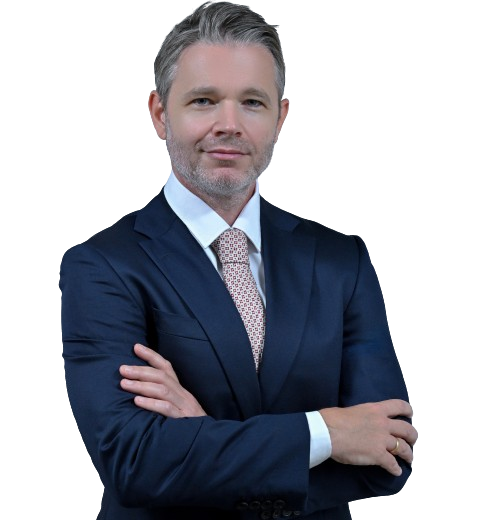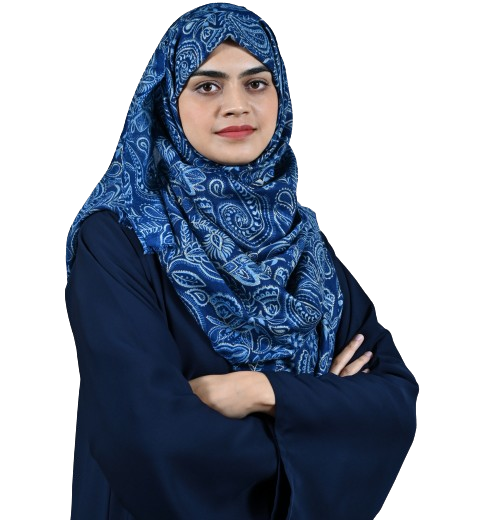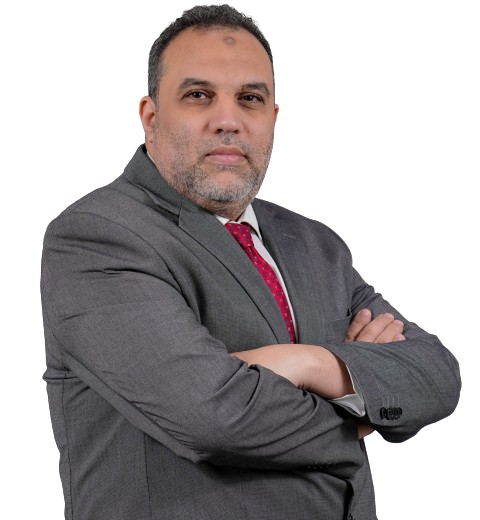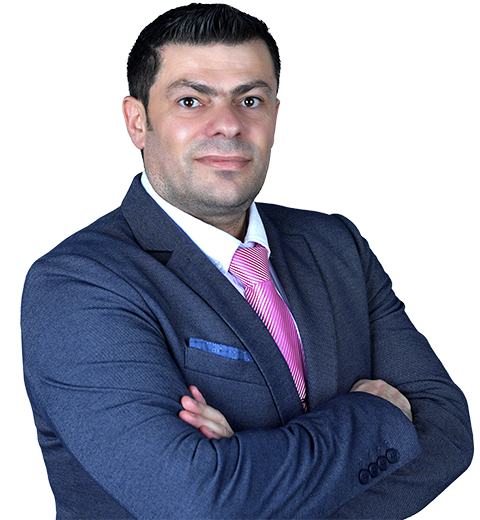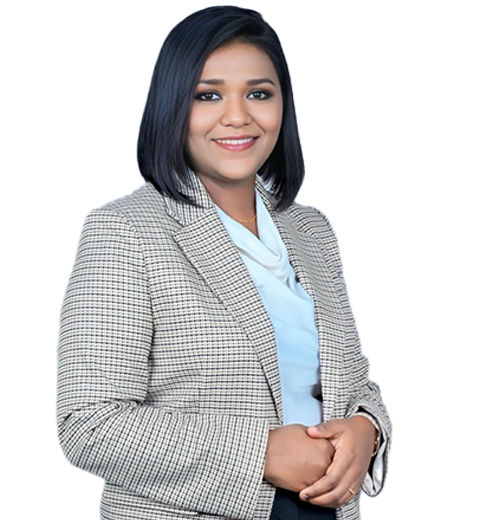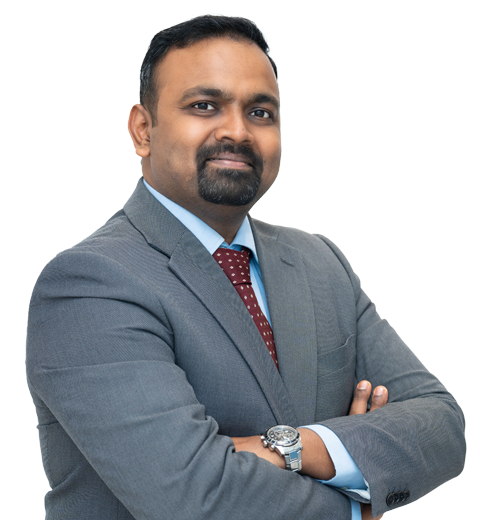
Dr. Thandava Phanikrishna Gudiseva Specialist Emergency Medicine
Years of Experience : 10
Nationality : India
Languages Known : English, Hindi, Telugu, Malayalam, Arabic
+97180023Biography
Dr. Thandava Phanikrishna has more than 10 years of work experience in the medical field of emergency department in UAE and India. He received his MBBS from KMC, Manipal, India followed by specialty training in emergency medicine in AIMS, Kochi, India. After which he started work in Hyderabad at Yashoda Hospitals, where he helped to establish an emergency department and start MEM and DNB emergency medicine courses. In the year of 2014, Dr. Thandava Moved to UAE and joined UAE military, followed by TAWAM hospital in the emergency departments.
Awards & Achievements
- PALS: Pediatric Advanced Life Support; Provider Course, Certified by American Heart Association (AHA)
- ATLS: Advanced trauma Life Support; Provider Course, Certified by American College of Surgeons’
- ACLS: Advanced Cardiac Life Support, Provider Course, Certified by American Heart Association
Research & Publications
- “Serum Cortisol, a predictor of mortality in sepsis” a prospective observational study done in the Dept. Of Emergency Medicine, Amrita Institute of Medical sciences & Research Centre, Elamakkara, Ernakulam from 2009 to 2011 as my dissertation and submitted to Amrita Viswa Vidyapeetham University towards my partial fulfilment of Completion of MD Degree
- “Incidence of Dysglycemia in Nondiabetic Sepsis patients” a prospective observational study done in the Dept. Of Emergency Medicine, Amrita Institute of Medical sciences & Research Centre, Elamakkara, Ernakulam from 2009 to 2011, published in National Journal of Emergency Medicine, March, 2014
Education & Training
- MBBS
- MD (Emergency Medicine)
- Fellowship in Critical Care Medicine
- MRCEM
Expertise
- Adult, pediatric, and neonatal cardio-pulmonary resuscitation.
- Cardioversion (including medical) and defibrillation.
- Endotracheal intubation.
- Emergency cricothyroidotomy.
- Mechanical ventilation – non-invasive and invasive.
- Venous access – peripheral, central, and intraosseous route in children.
- Radial artery cannulation.
- Arterial blood gas interpretation.
- Suprapubic catheterization.
- Needle decompression of tension pneumothorax.
- Chest tube placement.
- Debridement of wounds.
- Nasal packing for epistaxis.
- Closed reduction of anterior dislocation of shoulder.
- Closed reduction of collets’ fracture.
- Splinting & skin tractions in trauma patients.
- Focused assessment sonography on trauma (fast) – USG scan.
- Ascitic fluid tapping.
- Electrocardiogram monitoring and interpretation.
- Screening echocardiography.
- Pericardiocentesis for cardiac tamponade.
- Thrombolysis in myocardial infarction.
- Thrombolysis in acute stroke.
Membership
- Society of Emergency Medicine India (SEMI)
- Royal College of Emergency Medicine (RCEM), UK
- Member of Association of Emergency Physicians India (EPI)
- Lifetime Member of College of Critical Care Medicine under the Auspices of Critical Care Education Foundation, Mumbai
- Member of the Indian Medical Association (IMA)






